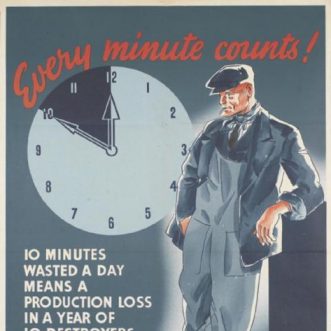April 11, 2019
Do you remember your first driving lesson?
I do. At the end of it I wondered how on earth I was going to be able to remember everything – never mind watch out for pedestrians and other traffic!
But after several lessons I got the hang of it, and eventually of course driving became second nature. To a point where some nights I got home from work almost without realising it.
We humans are able to make a lot of things second nature. Walking, driving, playing the cello, or rugby, or chess.
We do this by repeating certain combinations of actions until they become habit. We no longer need to think about them. That frees us up to to concentrate on the exceptions – those things outside the habitual that are going to prove interesting or dangerous.
But too much reliance on pure habit can also be dangerous. I bet you’ve had to go back to your car after half an hour of shopping because you can’t remember locking it, even though you’re sure you did.
That’s why pilots have checklists. To make a habit of the actions that must be done, and then to make sure they perform those actions consciously every time.
What’s the relevance of this for business? Well, you need to actively create this interesting tension between habit and consciousness:
- If you want people to develop a particular set of habits (rather than their own), you need to specify what those desired habits are, and get people to practice them.
- If you want to ensure that certain key actions are always done, you have to find a way to make people aware they are doing them.
Then you can happily let them play with the exceptions.
Discipline makes daring possible.









